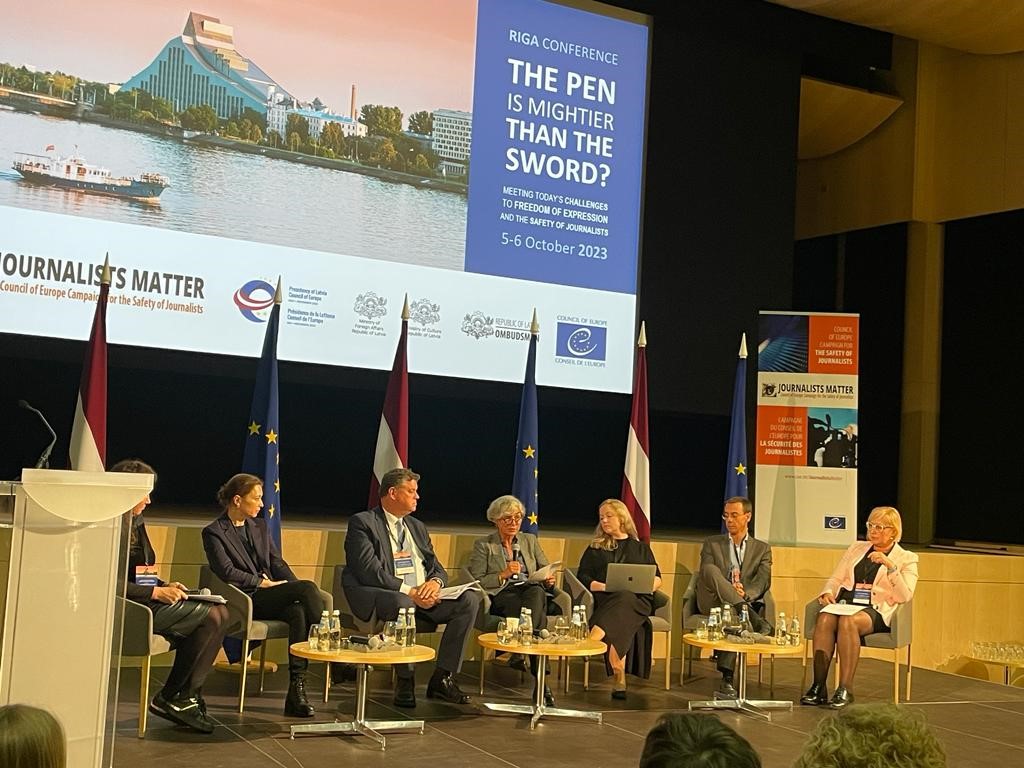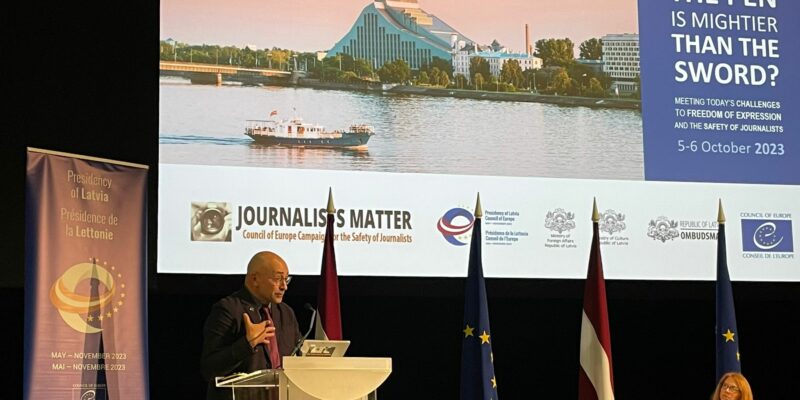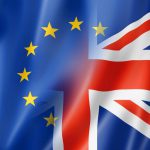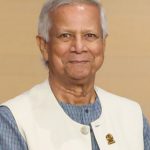The Council of Europe has launched a continent-wide Campaign for the Safety of Journalists at an international conference on 5 and 6 October.
William Horsley, AEJ UK chairman and former AEJ international media representative, reports from the launch of the 5-year campaign – The Pen is mightier than the sword? Meeting today’s challenges to freedom of expression and the safety of journalists – in Riga, Latvia.



“Journalists matter” campaign aims to improve safety of journalists and media freedom across Europe
From William Horsley, 11 October 2023
Russia’s brutal invasion of Ukraine, including deliberate attacks on journalists and media buildings, shows how dangerous it is to be a reporter. Ukrainian officials say in the 20 months since the full-scale invasion began in February last year 66 media workers have been killed. Six Ukrainian and six foreign nationals have lost their lives while working as war reporters, and twenty-two have been seriously injured. Many former journalists who were called up died as soldiers defending their country.
But journalists’ lives can be equally at risk for reporting on corruption or crime in their own country. Since its launch in 2015, the Platform for the Safety of Journalists has documented 49 killings of journalists in Europe, including four mafia-style murders of investigative journalists since 2017 — in Malta (Daphne Caruana Galizia), Slovakia (Ján Kuciak with fiancéé Martina Kušnírová), Greece (Giorgos Karaivaz) and the Netherlands (Peter R. de Vries).
In Riga last week the Council of Europe announced the start of Europe’s largest ever campaign for media freedom, Journalists matter: Campaign for the Safety of Journalists. It grew out of a remarkable public admission by European governments in 2021 that the “unacceptable” tide of attacks against journalists and their work was evidence of a general backsliding in democracy and respect for the rule of law, which must be reversed, they said.
The Council of Europe is the continent’s premier human rights body, founded on the legally binding European Convention on Human Rights. It has spent the past two years planning this ambitious five-year long campaign, consulting closely with other international organisations like the EU and the OSCE (Organization for Security and Cooperation in Europe), as well as civil society groups and national governments. It has published a wide-ranging Implementation Guide – Freedom of Expression for the 46 member states to apply and uphold protections for journalists so they can work without fear and without undue constraints.
Flagging up problems, demanding real reforms
The first task of last week’s conference in Riga was to shine a spotlight on major failings in the laws and practices of European governments in the area of press freedom and freedom of expression. They are the root causes of the “backsliding” that must be reversed.
Some key examples:-
Matthew Caruana Galizia, the son of Daphne, the Maltese journalist assassinated in 2017, declared that his mother’s murder was enabled by a pervasive culture of corruption and government impunity that made democratic accountability impossible. Six years have passed since her death, and despite a huge public outcry and the resignation of the government the alleged mastermind of the murder has still not been convicted. Justice has not been done. Matthew warned that unless sweeping reforms were enacted to embed effective checks and balances against abuses of power in places like Malta, the same patterns of lawlessness would be repeated in future years. Others would then become victims of deadly violence, as Daphne was.
Sarah Clark, the head of Europe at the freedom of expression NGO Article 19, flagged up the growing flood of legal threats or SLAPPS (Strategic Lawsuits Against Public Participation) against journalists made by powerful political and business figures. It’s now widely acknowledged that such threats of defamation in other lawsuits are routinely used to intimidate journalists and media owners into silence or self-censorship, for fear of the huge and open-ended legal and human costs of mounting a defence. SLAPPS represent a systemic constraint on investigative and public-interest journalism across Europe. Sarah pointed especially to the urgent need for EU states to ensure that the forthcoming Anti-SLAPPs Directive contain strict safeguards against vexatious legal claims and exorbitant costs. It should also provide for severe penalties to deter those who seek to bring abusive cases.
“Pulpit-style” invective by leading public figures: Journalists across Europe are often targeted by widely-reported insults and demonising language from politicians and powerful figures who misuse their positions to fan public hostility, which can also lead to acts of violence. Female journalists are routinely subjected to online sexism and threats of violence which can drive them out of journalism.
Populist leaders like Robert Fico in Slovakia and members of Poland’s Law and Justice Party frequently orchestrate mass smear campaigns against critical journalists as a tool to stifle dissent and help them win elections. A new study by the Jan Kuciak Investigative Center in Slovakia – https://www.euractiv.com/section/politics/news/slovakias-populistic-socialist-party-attacked-journalists-online-before-elections/ – has found that former prime minister Robert Fico’s Smer party published 174 posts targeting journalists on social media in the run-up to the recent elections, which again made Smer the largest party and opened the way for Fico to return to power.
“All hands on deck”: civil society and journalists should drive the campaign
The Journalists Matter campaign aims to prompt practical reforms so that independent media can thrive, disinformation is countered, and civil society voices are empowered to hold power to account. The Council of Europe calls for “all stakeholders” – including legislators, journalists and media, academics, policy institutes, NGOs and the legal community — to make the most of this opportunity by engaging with activities and events in each country.
The Riga conference drew attention to the recommendations put forward by the 15 leading NGOs and journalists’ organisations – including the Association of European Journalists – which are partners in the Council of Europe’s Platform for the Safety of Journalists. The calls to action appear on the first page of the partner organisations’ 2023 Annual Report, War in Europe and the Fight for the Right to Report.
Among the key Recommendations to member states are:-
- Governments and national parliaments should review and make tangible improvements to national laws to bring them into compliance with each country’s legal obligations under the European Convention.
- Creation of well-resourced National Action Plans to protect journalists’ safety — including government-backed emergency protection schemes like the widely-admired Persveilig mechanism https://www.persveilig.nl/about-us which works well in the Netherlands.
- Put in place effective protections for journalists who face threats of harm; and set up effective official channels for journalists to report and seek redress for abuses at the hands of state or public officials.
How to coordinate it all?
Each member state should appoint one or more individual coordinators, called “focal points”. Their task will be to liaise with the Council of Europe’s campaign team in Strasbourg and be part of a Europe-wide network of contact persons. That way the various national campaigns, Action Plans and activities can be tracked and information shared online for all to see on this dedicated website National committees – Freedom of Expression. More than 40 focal point figures have so far been named; most are public officials with responsibilities in government departments or judicial structures. They held their first joint meeting in Riga on 6 October and further information has been promised soon.
Ricardo Gutierrez, Secretary-General of the European Federation of Journalists, addressed those “focal points” personally, saying the success of the campaign will depend on “your ability to listen to journalists, their unions and associations, and concerned NGOs”. Ricardo said states must enact practical legal safeguards for journalists, particularly reforms of police and justice systems. Only decisive steps like that can amend or remove the many laws and practices which impede the essential work of journalists to inform the general public.
After attending the conference and campaign launch in Riga, it’s clear to me that strong political leadership and commitment will be needed everywhere for this campaign to bring meaningful results. The Council of Europe has made media freedom and the safety of journalists a top priority in recent years, and invited extraordinary cooperation and access for non-government groups. It has succeeded in creating” a world first” — the Platform for the Safety of Journalists — with the explicit support of the member states, and it leads the global efforts to establish and promote high standards of protection for media workers, in line with international law.
The Platform is now a database detailing some 1,600 invidivual alerts on “serious threats to media freedom”. Its annual reports are widely quoted, and also help to inform the EU’s important policy work. The massive efforts by journalists and other civil society groups have helped to persuade European governments to take part in this Journalism Matters campaign. Now journalists and their supporters must speak up forcefully, and demand an end to repressive laws and evasions.
In the words of Herman Grech, the editor in chief of The Times of Malta, the enemies of press freedom are “always playing games behind the scenes” to stifle inconvenient truths. Now it is time to show them “We’ve got our eyes on you!”
More details at Campaign for the Safety of Journalists – Freedom of Expression
Campaign launch program
Campaign launch concept note
Campaign launch biographies of moderators and speakers








